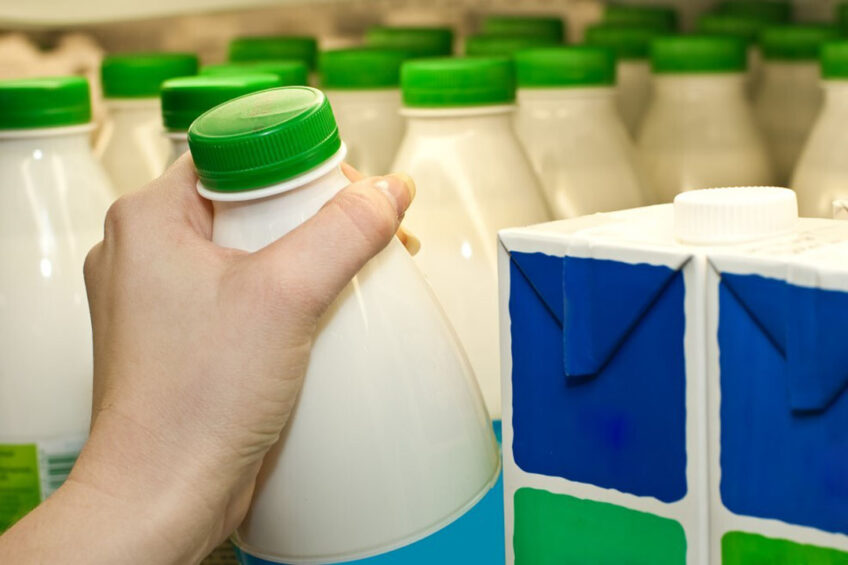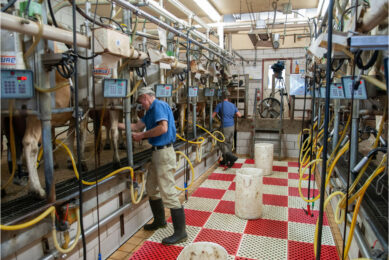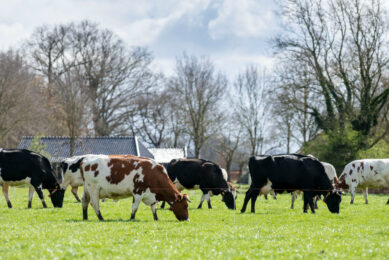Russia’s state aid for dairy businesses

The Russian government has approved billions worth of subsidies for domestic dairy companies to offset the cost associated with mandatory labelling.
It has also preliminarily agreed to apply zero import duties on a long list of critical equipment and raw materials for another 6 months in a bid to circumvent the impact of Western sanctions.
The Russian deputy prime minister, Victoria Abramchenko, has recently announced that the federal budget would reimburse 70% of the costs associated with the purchasing of labelling equipment to dairy producers. The measure is slated to come into force in early 2023.
Artem Belov, chairman of the Russian Union of dairy producers, Soyuzmoloko, said that this measure would help “stabilise the financial situation” in the Russian dairy industry and to “lower the distress of the past few years”.
The Russian dairy industry estimates it would cost around 12.2 billion roubles (US$200 million) to introduce mandatory labelling, of which 8.9 billion roubles (US$148 million) is for labelling equipment, Belov said, adding that Russian dairy companies would have to spend between 9 and 15 billion roubles (US$150 and US$250 million) per year on purchasing labels from the Russian state operator, and bear some additional costs.
Belov expressed hopes that the Russian government would also extend its programme of soft loans with the subsidised interest rate the Russian companies have been taking advantage of over the past few years.
Duty-free imports
In addition, the Russian government has supported the idea of extending duty-free imports on a long list of raw materials, equipment, components and packaging used by the Russian dairy companies.
Roman Chubak, a Soyuzmoloko public relations specialist, said that the decision approved initially by the Eurasia Union Economic Commission in March of 2022 affected more than 100 various items, all critical for dairy businesses.
Chubak said the step was necessary given the current “political environment” and the rising logistics and raw materials costs.
“These decisions [to abolish import duties] largely helped the dairy industry to mitigate the negative effects of economic sanctions, both for business and, ultimately, for consumers, including in regard of socially important products, specialised and baby food,” Chubak said.
By extending the measure waiver for another 6 months, the government would “help product manufacturers maintain stable operations in the face of ongoing foreign policy and economic problems,” Chubak said.
Join 13,000+ subscribers
Subscribe to our newsletter to stay updated about all the need-to-know content in the dairy sector, two times a week.










